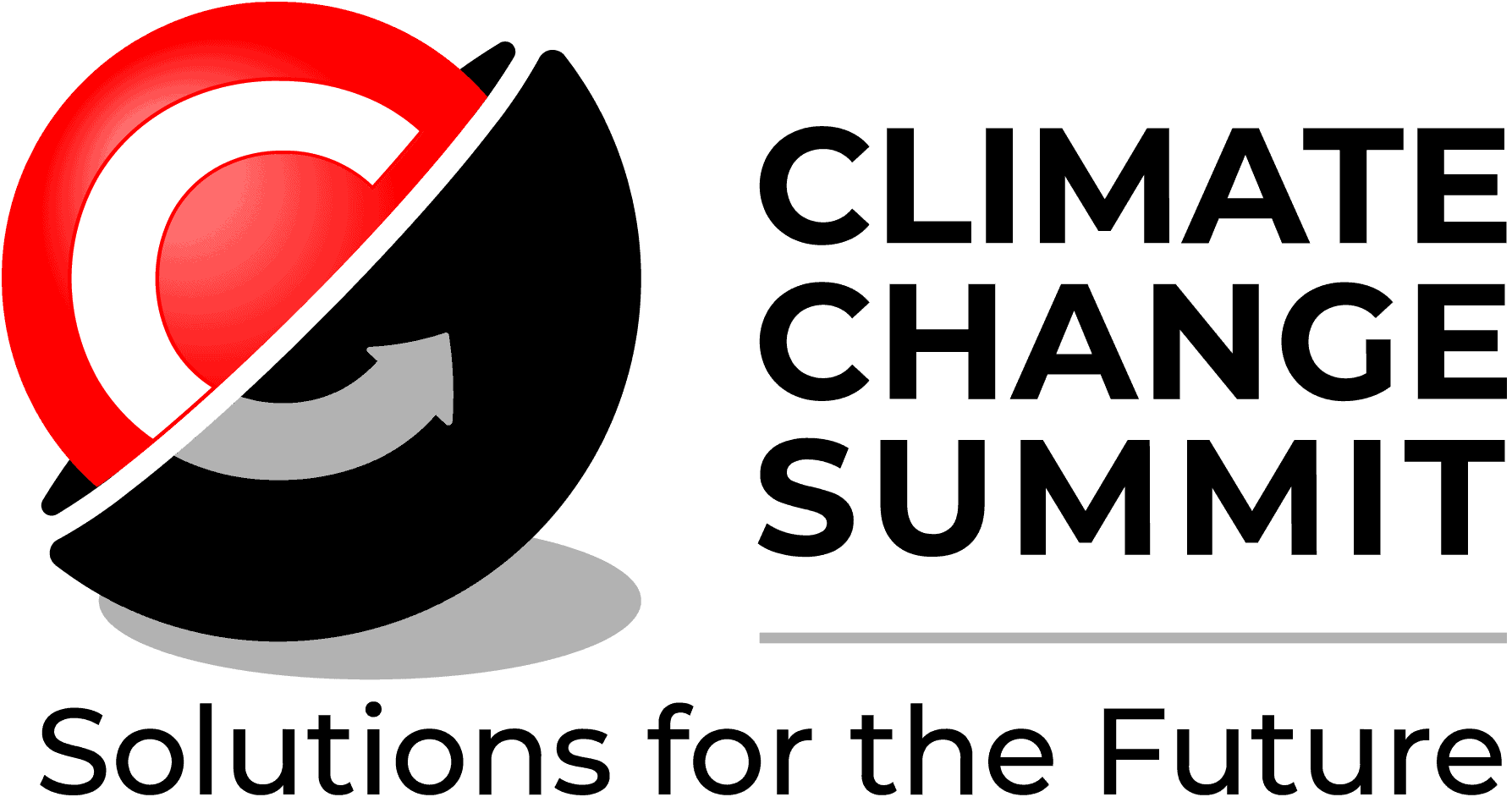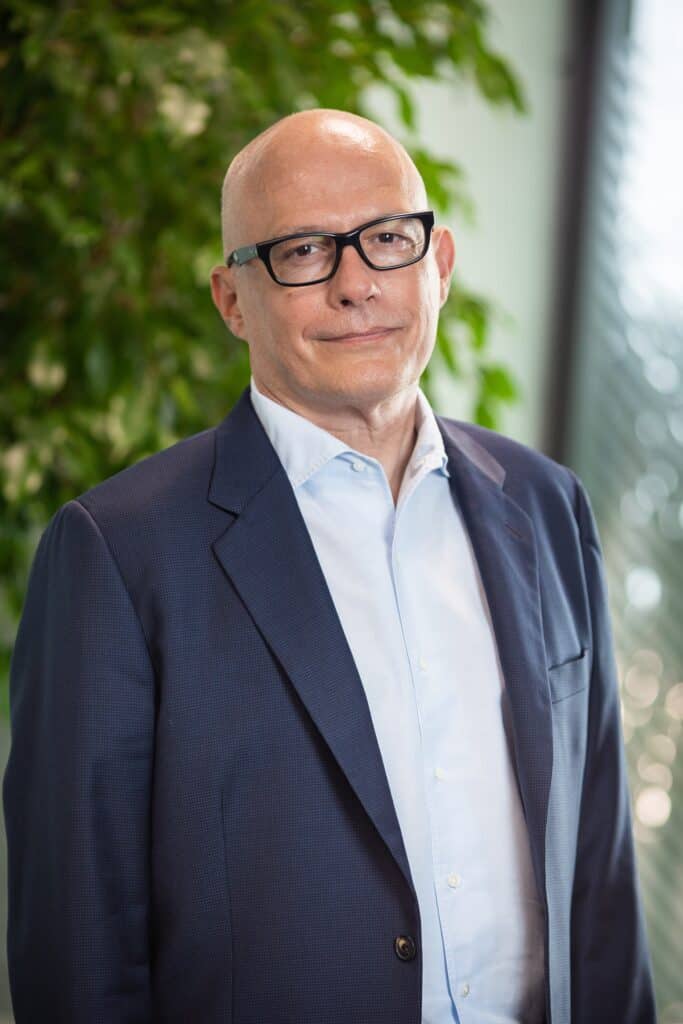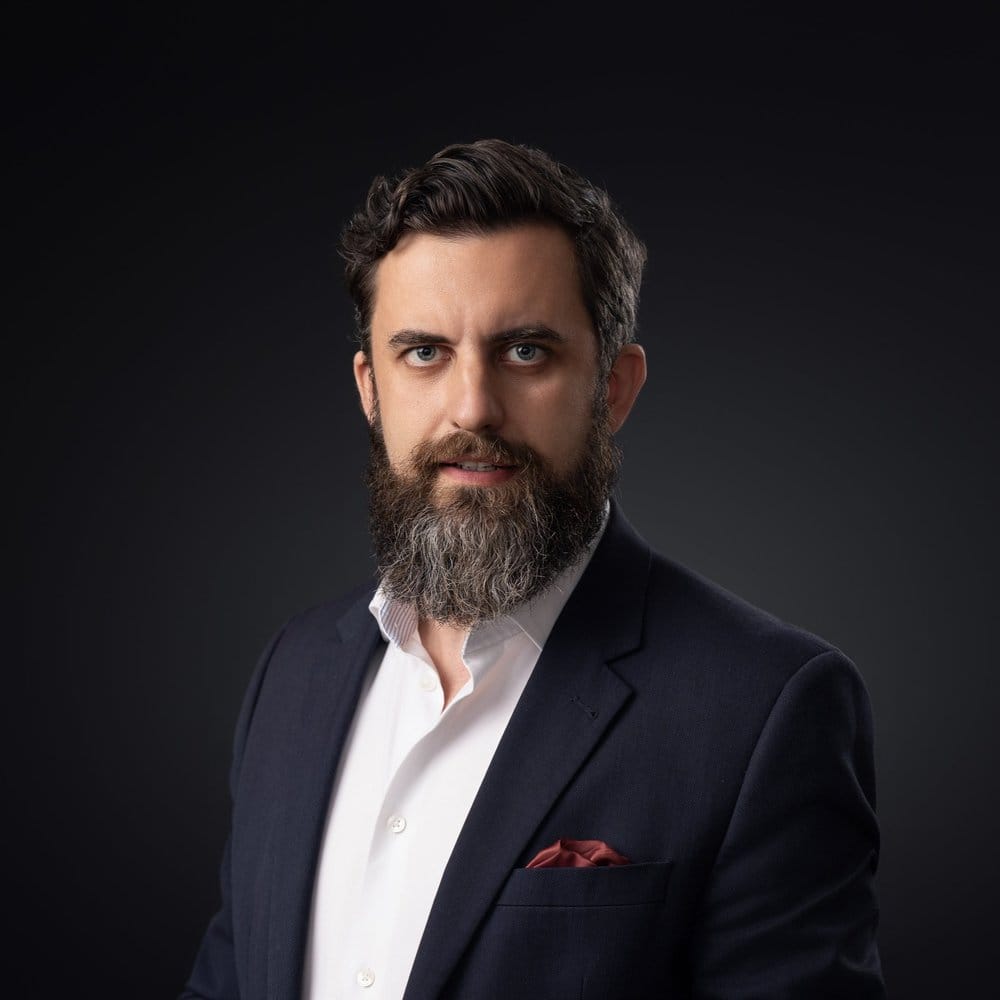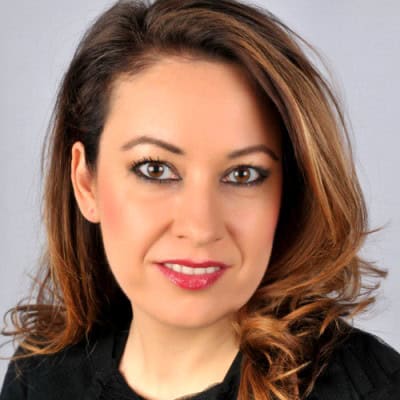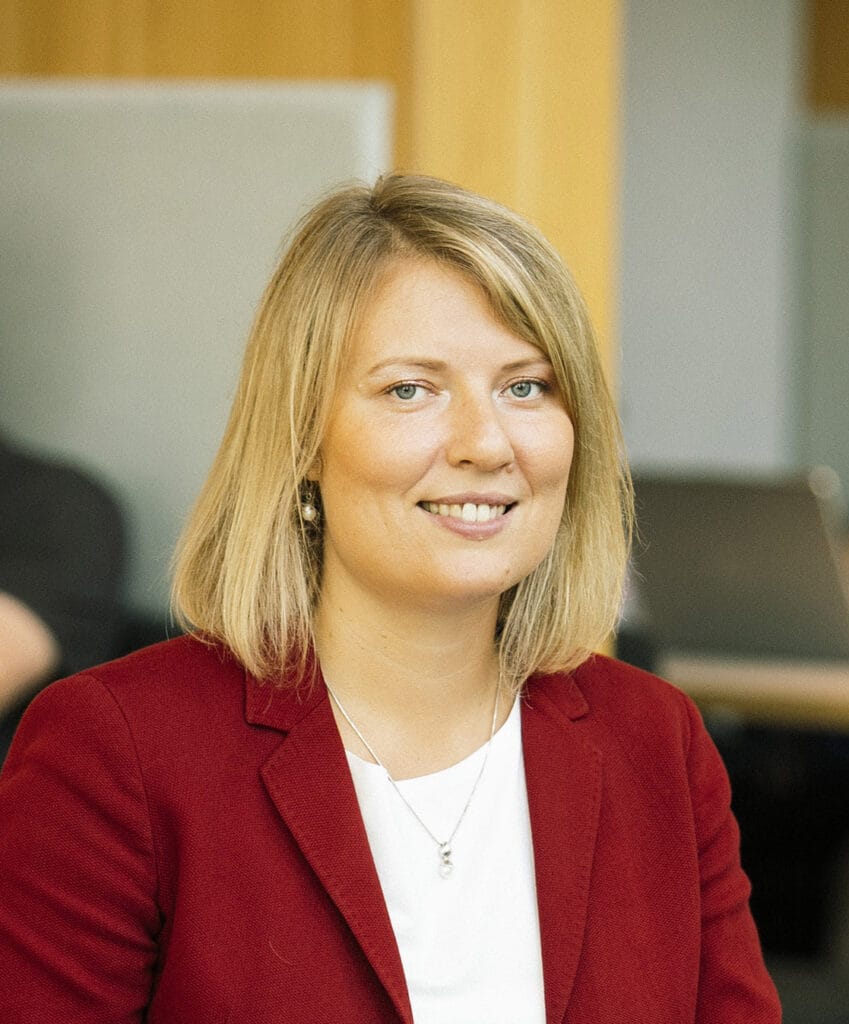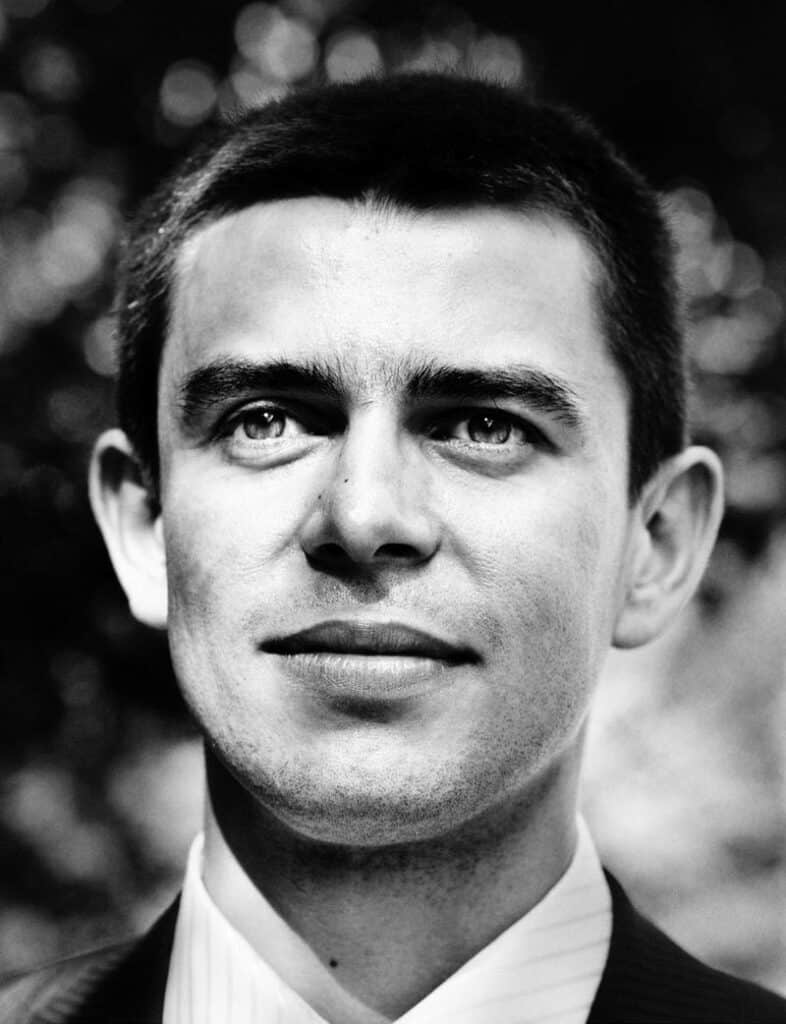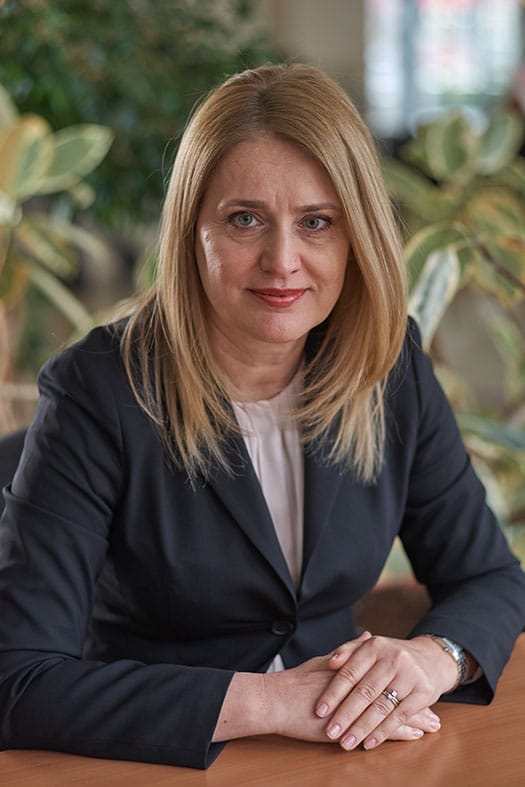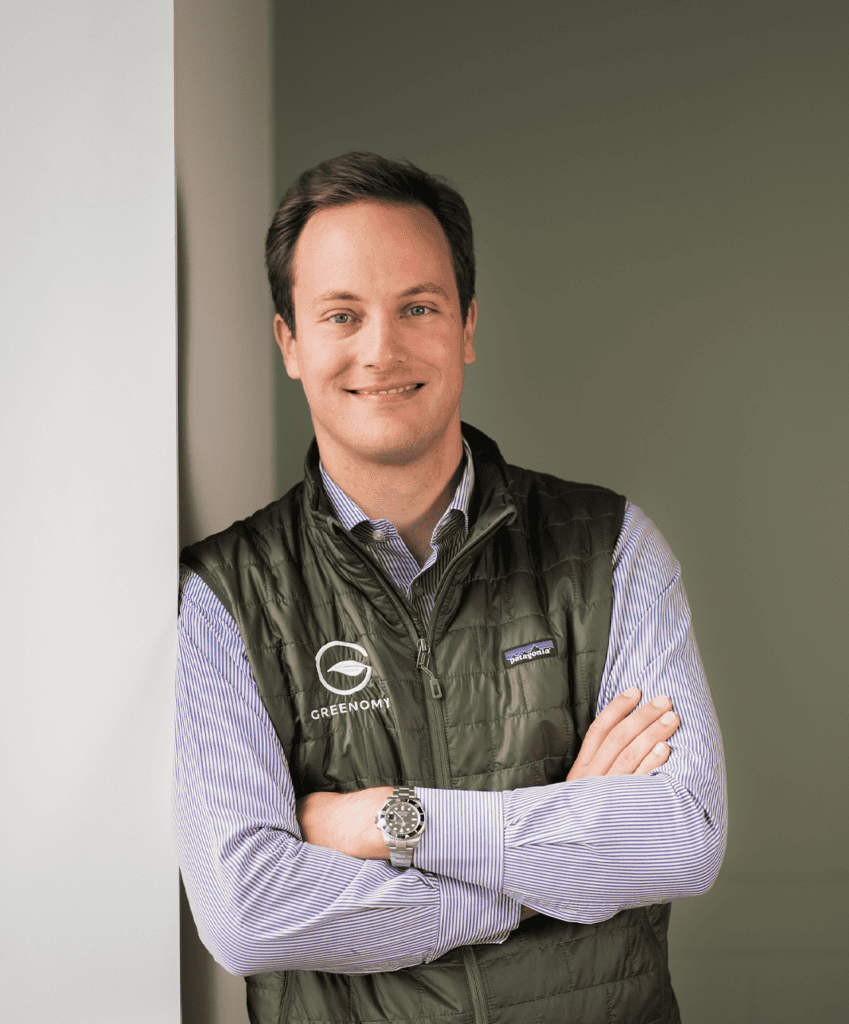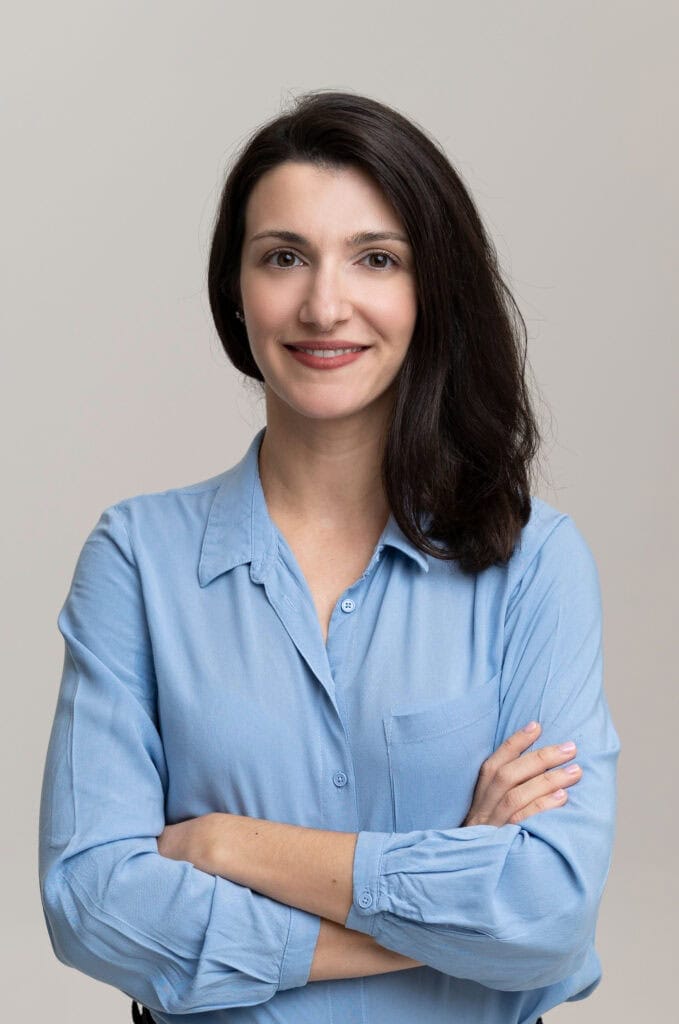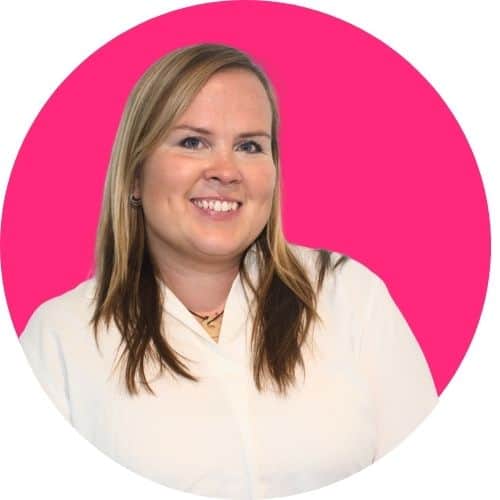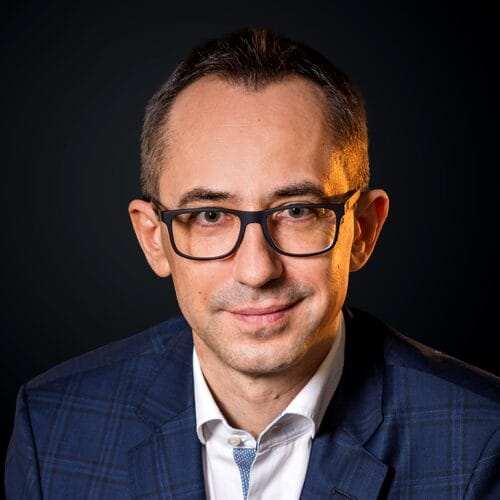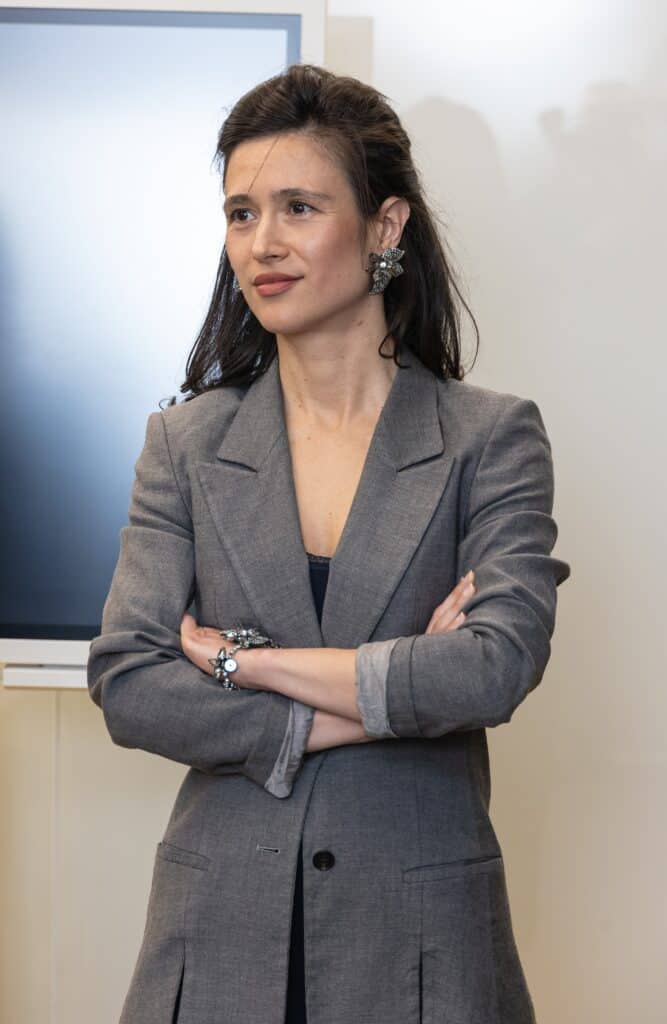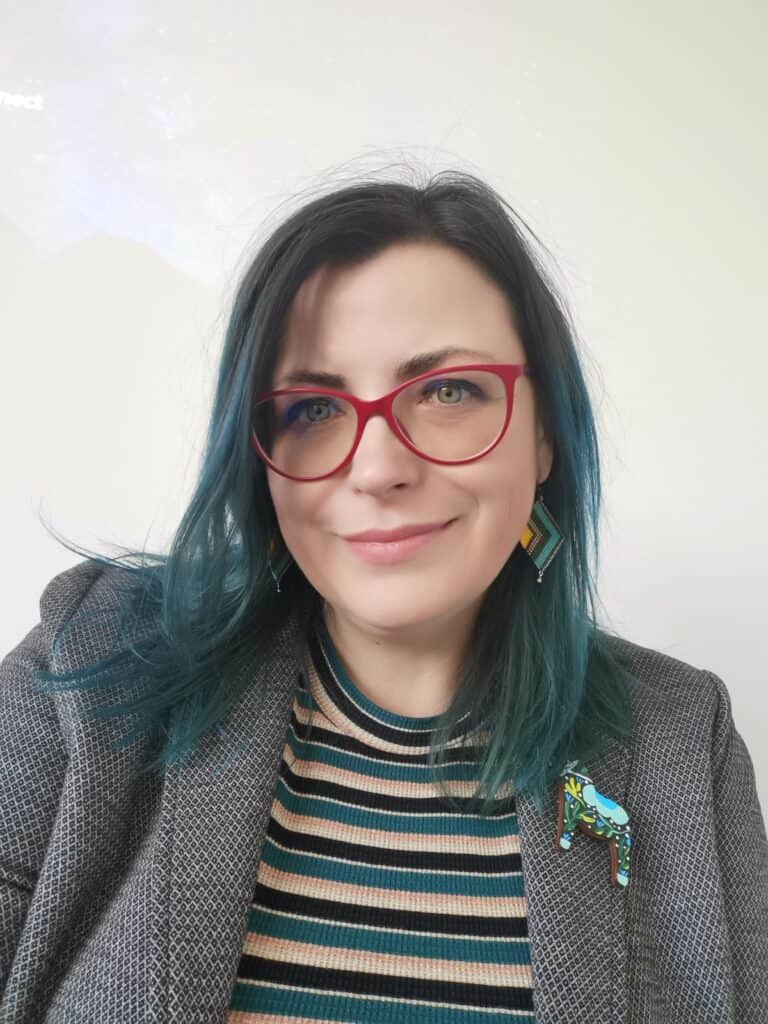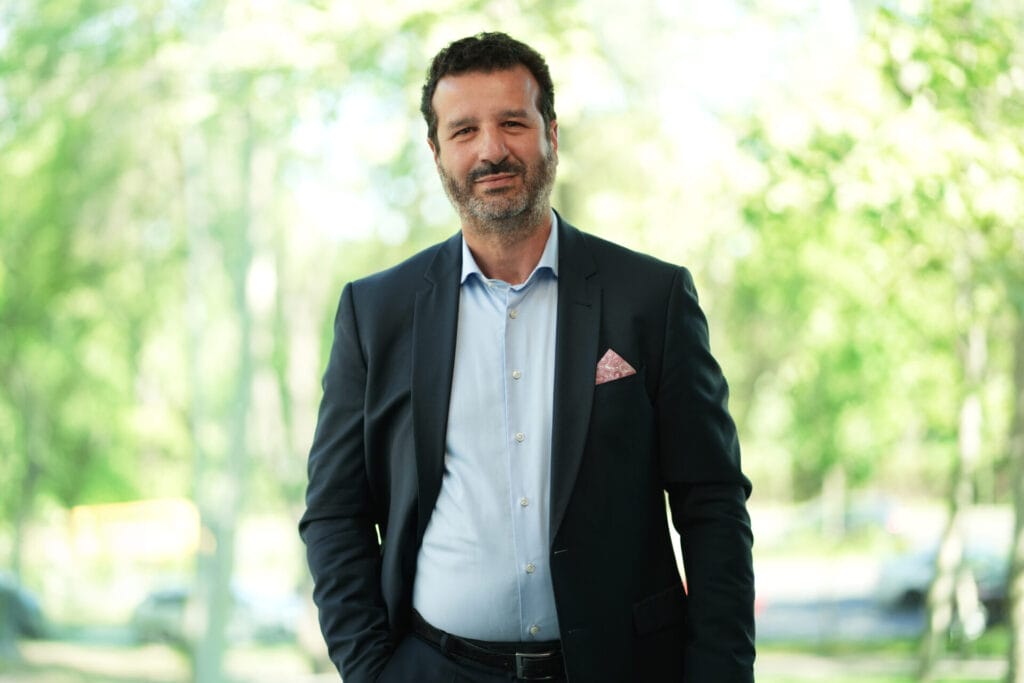Intelligence outsmarted memorizing, as knowing by heart certain things became rather pointless in the face of infinite volumes of data always at hand. It really comes down to what you do with what you know.
Intelligence, also, goes beyond having access to information. We all have that at arm’s length and in limitless quantities. Whatever is too available becomes outdated, cheap, convenient and at the same time, unavoidable. You can’t but want it. You can’t but have it. Can’t imagine the world outside of it.
Were you ever curious about the differences between being smart and being intelligent? It might be interesting to find the common ground between the two. Intelligence has more to do with the WHAT of life, with the raw knowledge and drives the commonly known IQ (intelligence quotient), whereas smartness is linked with the HOW, with the connectivity between information and is backed up by the LQ and SQ (learning quotient and social quotient).
The democratization of learning and the fast and easy access to information make us address much easier the knowledge out there. But as this phenomenon evolves, and it constantly does, the man behind the learning devices will become of absolute importance. Information is out there, but it is crucial to have the potential to know what to use of it, what to look for and with what you find to make the best of it. This is where the HOW comes into play. Smartness, therefore, is the underlying element of the right choices and is a fully trainable skill based on learning new things and mirroring what was learned. It is one of the most precious attainments we can have, as humans.
We are all familiar with the IQ, but perhaps less with what the LQ and SQ entail. Let’s look at them for a second. What does it mean to be socially smart and to hold learning ability?
- Self-regulate. Whether you become activated or find yourself during a crisis, knowing how to control your emotions over your reason and thinking before acting are key.
- Be self-aware to know where your feelings, actions and thoughts come and why they exist.
- Build relations and connect with the environment (people, nature, contexts).
- Be socially aware, be empathic with people and treat them accordingly. Adapt and find attunement between yourself and the world around you.
- Look for the tangible proof of the intangible potential[1]. Train your intuition, elevate the senses and read the signals (trends, replies, market opportunities, crisis as opportunities in disguise)
When dealing with objectives, the business world commonly uses the SMART compass of Specificity, Measurability, Attainability, Relevance, and Time-bounding. Whatever the objective, make it smart. Whatever the choice, make it smart. Whatever the goal, make it smart. Smartness is, thus, a frame which in the non-business realm welcomes:
- Choice. To be specific you need to know what is important to address, you need to see patterns, to read between the lines. Making the right choice requires differentiating noise from real information and narrow down reality to what’s essential.
- Progress. To know it, you need to be able to compare. Big from small, yesterday from tomorrow. Measuring will show direction and amplitude of change.
- Reasonability. Don’t overstretch and avoid framing reality as it is not. Nature always beats humans.
- Personal values. Whatever is important to you, will be the catalyzer for relevance. When you are facing something with seemingly no value, the relevance is zero, so you won’t bother. Finding out your values will move you towards what’s important and meaningful.
- Boundaries. Regardless of our egos, beliefs, and perceptions, we are limited in the realm of our time and space reality. This doesn’t mean, though, that the world ends with us and only by knowing that we can keep going even long after we are not gone.
Smartness in humans can be best understood through the container of a timeline. We live longer than ever, we produce more than ever, we build more than ever, we go through the best era of humanity. Nevertheless, “the best” comes with a peak which afterwards drives a moving downwards. The temptation to believe that we, our businesses, our networks, our communities, our comfort, our products, our profits, our expansion can grow infinitely gets us further and further from the fundamental anchoring in smart objectives. Any situational awareness (a prerogative of being socially smart) would tell us that things come in cycles. Nature works in cycles, and everything about us is nature. A good proof of that is that we still struggle to understand our body intelligence through studying how our brains work. So, we might just as well address humbleness, honor and preserve this cycle, as it holds the universal mathematics and intelligence which nurture our long-term wellbeing.
Another meaning of the word “smart” is related to objects, products, contexts of life where there is a control over the environment which is “tamed” to adjust automatically to human needs. Smart homes, smart telephones, smart cities. From the moment we gently wake up in the morning to the moment we drift off to sleep at night, smart ecosystems work tirelessly to make us feel comfortable and live an easier life. Smarter? Hard to tell, if we look at the people going rural to reconnect to the authentic forces of nature. Easier? For sure.
How would a smart matrix look like if we address the “human in nature” paradigm?
- Be humble. We, humans, are not the center of the universe, but a part of it. A part of it in great expansion, able to be self-aware, to build, to destroy, to conquer, to innovate. We are wonderful creatures proud of ourselves and with a good reason for it, but make no mistake: we breathe (air = nature), we eat (food = nature), we function (because we expose ourselves to the sun), we network (using nature’s streams of energy), we move from one space to another due to our bodies (nature-based nutrients, neuroscience and microorganisms), we think (inspired by what surrounds us, i.e. nature). Try to think of one aspect of your life that is not at all related to nature. You can’t. And that’s OK, even if it means check mate to your ego. A good consolation here is that you’re not the only one, the others are “small” too, nevertheless, infinite at the same time.
- Be like water, my friend. Because we are facets of nature, we might just as well let ourselves inspired by it and welcome in our lives through nonresistance, openness, cyclicity, colors of all kinds, diversity, limitlessness, preservation, care, self-love, love for the other, acceptance and letting go, fluidity, perpetuity, legacy, doing our part the best we know, being what we are.
- Get perspective. We run our lives based on environment’s cycles (day-night), we live by nature’s laws (gravitation, for instance), we create and innovate (using what’s available out there), we are held when we stay on a chair, on the ground, lying down (we are held by nature’s infinite representations). We are immense in our smallness, while being beyond powerful in our frailty.
- Be a good companion. Nature is not our house; it is our home. Would you ever harm your own home, the one you leave in the morning and come back after a hard days’ work? Guess not. With nature is even better: it never leaves you, you never leave it. It is your company for life, so why not make it worthwhile for both?
- Share respect. We don’t just exist, we co-exist, otherwise we wouldn’t survive a second. We need bacteria, we need air, water, wind, the priceless power of the germinating soil, animals, rain, thunders, full moon, the sun, the ocean. Turning against nature in any way would mean turning against ourselves, just like ill cells do to the body. They lose track of their role and initiate disturbances. Just like any physical body, though, nature has its own immunity and eventually, will use it to win you over. Instead of making it your enemy, why not make it your friend?
- Take action through wisdom. If we were here to stay still, we would be here as rocks. We, humans, are not meant to stay in one place, but to wander, to search, to find, to search again, to create and then ruin, to change our minds, to make people and the world better (or worse). We are actionable beings given this skill for a reason. And because we also come with a brain attached, we have no excuse to use it improperly and outside of a wisdom container. Especially because we seem to be so proud of ourselves. Let’s back up that pride with good arguments.
Remember the song “who wants to live forever”? At least once in our life many of us thought of this “foreverness”. But we know we can’t, as this is not how the universe works. Plus, living forever would prevent us from doing so many things, just out of the idea that “we have time”. Not having it, though, is what drove and still drives the world forward into innovation, sustainability, accountability, and progress.
Nothing is a given, we are the ones who make the world we live in, so we do have the power and chance to be smart today. Today drives tomorrow and tomorrow drives the day after tomorrow. It’s a continuum of many consecutive presents: the gifts that keep on giving.
If today matters enough, tomorrow is in safe hands.
[1] Marc Timmerman
